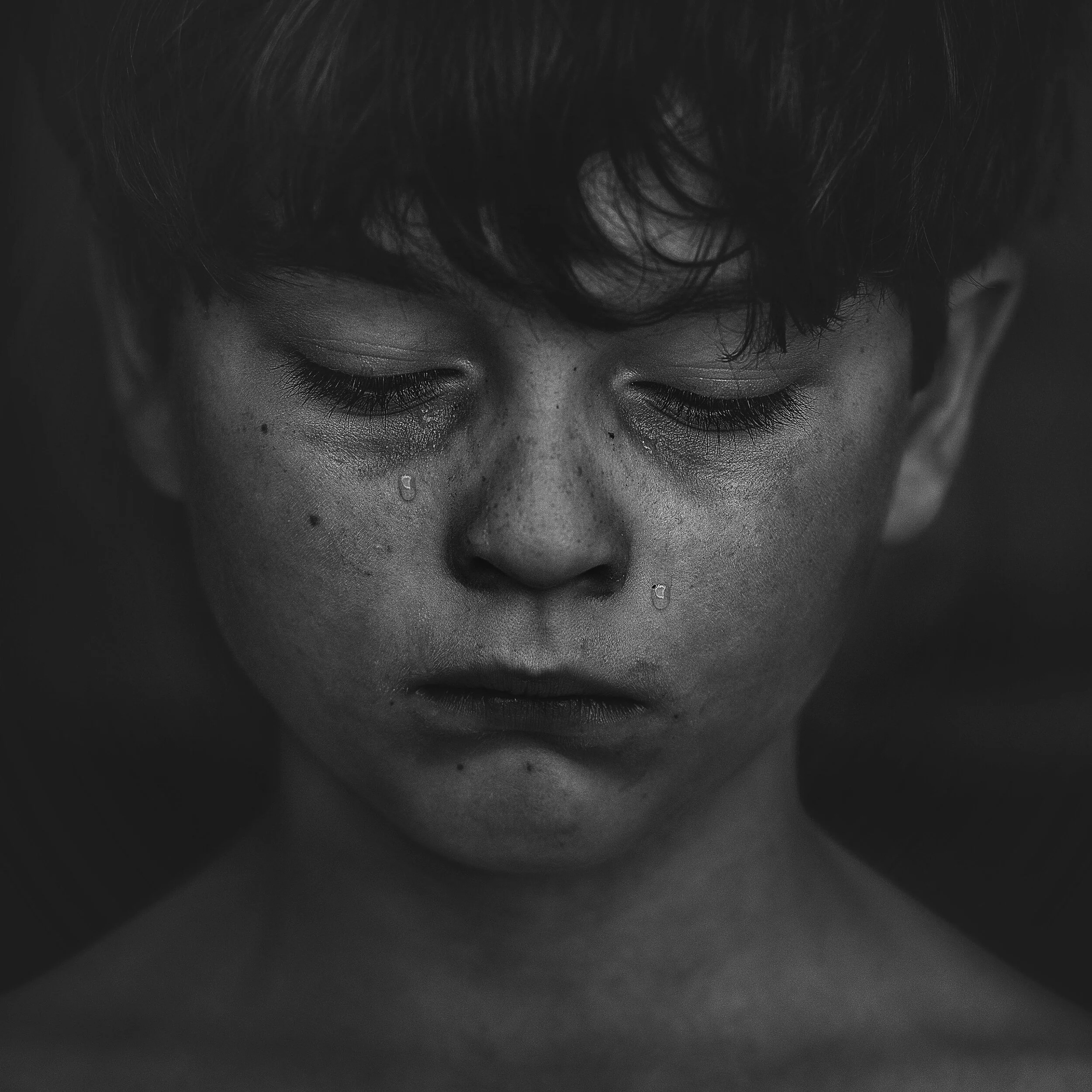Understanding Family Violence: A Complex Issue
Violence in families can have many drivers, including substance abuse, unprocessed trauma, and learned behavior. It is also sometimes a way of striking back at perceived injustice. This is a powerful statement for the child that grew up with physical violence. We learn that violence, whether emotional, physical or any other type is a way to punish those who have caused us to feel injustice.
The cycle goes like this: we perceive an injustice, we internalise it and then punish those who caused it, we justify the punishment and go on our way. These injustices pile up as the initial issues aren’t dealt with or even acknowledged. Eventually we find it very easy to become angry as we are always simmering with injustices that happened a long time ago.
There is so much written about violence in the home that I won’t go into it too much here as we are more interested in the effects of the trauma of growing up in a physically violent home. Violence in the home can be broken down into broad categories:
Physical Violence – Hitting, slapping, pushing, choking, or any other form of bodily harm.
Emotional (or Psychological) Violence – Verbal abuse, threats, gaslighting, manipulation, or constant criticism that damages a person’s self-worth.
Sexual Violence – Any form of non-consensual sexual contact or coercion.
Financial (or Economic) Abuse – Controlling finances, restricting access to money, or sabotaging a person’s ability to earn.
Neglect – Failing to provide basic needs like food, shelter, medical care, or emotional support, especially for children.
Spiritual or Cultural Abuse – Using religious or cultural beliefs to control, shame, or justify harm.
Growing up as a child in a home with physical violence showed me that the strong dominate the weak. There is no place for pain. Relationship repair is impossible. The rules of the effects of trauma say ‘don’t think, don’t feel, don’t talk’? Those rules are strongest when you are in physical danger. You do everything you can to protect yourself, and the effects wrap tighter and tighter around you.
Warning
If you think you have PTSD please go and talk to someone about it. There are many places to get help. You don't have to go through this alone. Here is a great PTSD coach, which does not replace therapy but can be used in combination with therapy. There is also an app available called PTSD Coach. You can download it on iTunes and Google Play.


